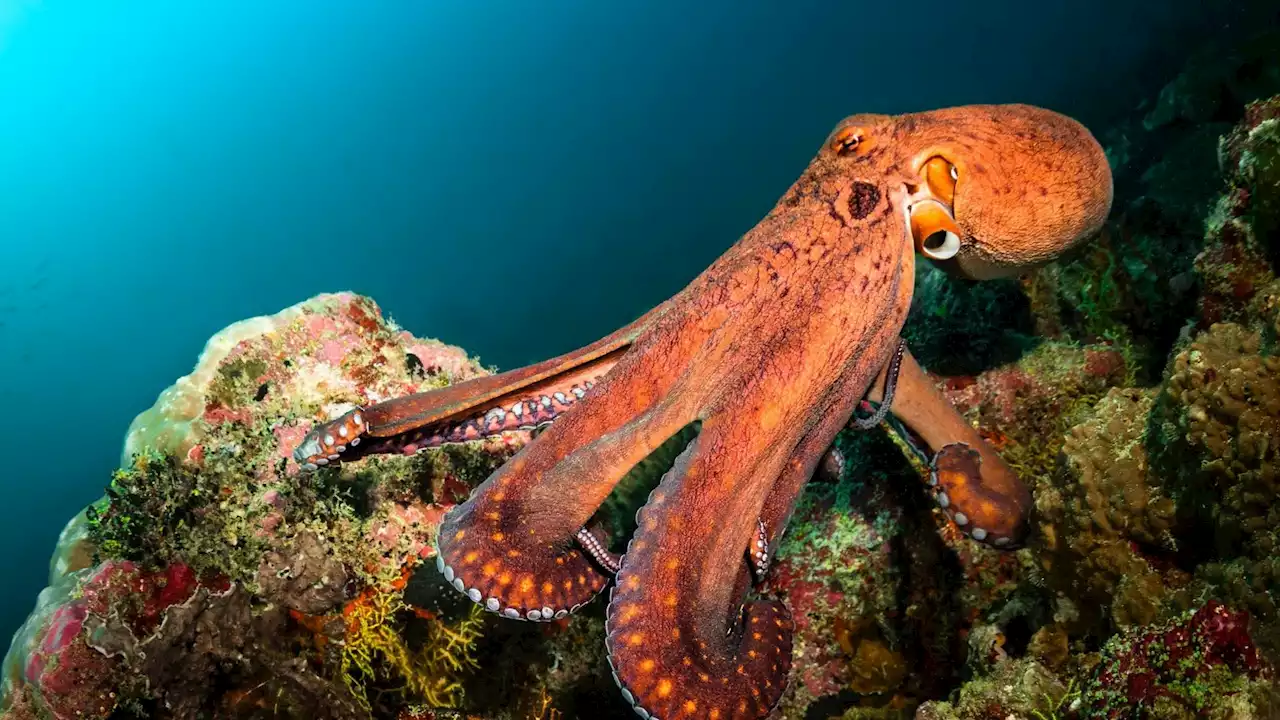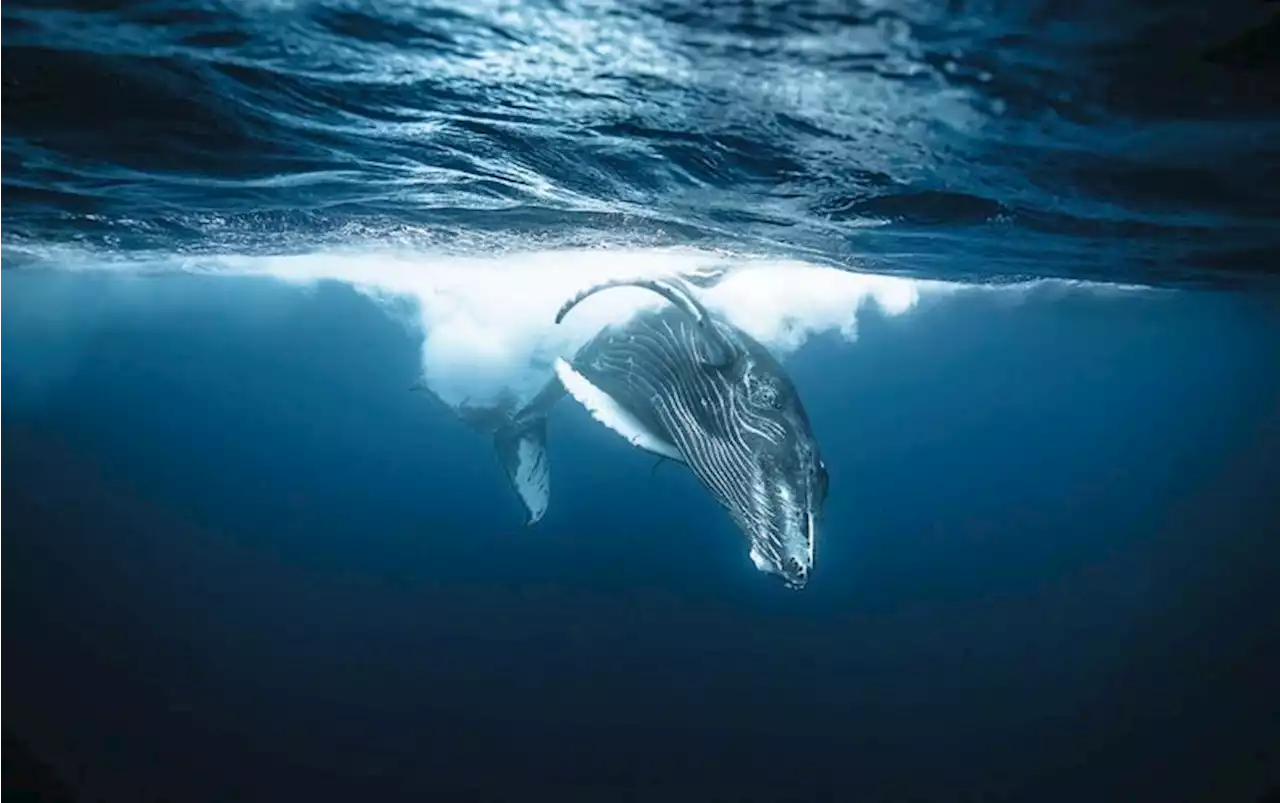🔄From The Archive: The first mass die-off on Earth was also one of the deadliest. Scientists continue to piece together the story of what happened.
, well-known for the evolutionary "explosion" of the same name that populated the world with nearly all the modern animal phyla — the major branches we now see in the tree of life. The ranks of vertebrates, mollusks, arthropods and other broad taxonomic groups still familiar to us today were growing and diversifying at an extraordinary rate — until their abrupt downfall, that is.
“The Ordovician is a very interesting time period,” says Seth Finnegan, a paleobiologist at the University of California, Berkeley, “because you have one of the largest and most rapid biodiversification events … and also one of the largest mass extinction events. Both of them are clearly tied up in physical changes to the environment.
Plants and animals were perhaps beginning to venture above water, though nothing near the extent that they would in the coming eras. By and large, most of the action was still happening under the sea, where trilobites, corals and other primordial ocean-dwellers prospered like never before. Cameroceras is an extinct orthoconic cephalopod that lived during the Ordovician period. They were likely a top predator of their time. separated by roughly a million years. First, glaciers engulfed Gondwana and the planet cooled dramatically, chilling the tropics and mid-latitudes. Sea levels plummeted hundreds of feet. This destroyed vast stretches of the warm, shallow-water habitat that sustained much marine life.
It’s unclear what triggered that icy advance. Some studies suggest weathering of silicate rocks — especially in the rising Appalachian Mountains — could have drawn down atmospheric carbon dioxide, lowering global temperatures. Others implicate the
Argentina Últimas Noticias, Argentina Titulares
Similar News:También puedes leer noticias similares a ésta que hemos recopilado de otras fuentes de noticias.
 Scientists create mice using cells from two males for the first timeScientists have created baby mice with two fathers for the first time by turning male mouse stem cells into female cells and producing functional ova.
Scientists create mice using cells from two males for the first timeScientists have created baby mice with two fathers for the first time by turning male mouse stem cells into female cells and producing functional ova.
Leer más »
 Plans of world’s first octopus farm in Spain’s islands worry scientistsProposals for the first octopus farm in the world worry scientists.
Plans of world’s first octopus farm in Spain’s islands worry scientistsProposals for the first octopus farm in the world worry scientists.
Leer más »
![]() First Aerial Images of Earth's Biggest Icebergs That are 'On The Run'Scientists are closely tracking two enormous icebergs that are currently “on the run” and pose a threat to shipping, fishing, and wildlife.
First Aerial Images of Earth's Biggest Icebergs That are 'On The Run'Scientists are closely tracking two enormous icebergs that are currently “on the run” and pose a threat to shipping, fishing, and wildlife.
Leer más »
 Scientists create mice with cells from 2 males for 1st timeFor the first time, scientists have created baby mice from two males.
Scientists create mice with cells from 2 males for 1st timeFor the first time, scientists have created baby mice from two males.
Leer más »
 No One Knows How the Biggest Animals on Earth—Baleen Whales—Find Their FoodHow do giant filter-feeding whales find their tiny prey? The answer could be key to saving endangered species
No One Knows How the Biggest Animals on Earth—Baleen Whales—Find Their FoodHow do giant filter-feeding whales find their tiny prey? The answer could be key to saving endangered species
Leer más »
 Earliest evidence of a meteorite hitting Earth found in AustraliaTiny pieces of stone found in a rock formation in Western Australia may be the oldest evidence of a meteorite impact on Earth, dating back nearly 3.5 billion years
Earliest evidence of a meteorite hitting Earth found in AustraliaTiny pieces of stone found in a rock formation in Western Australia may be the oldest evidence of a meteorite impact on Earth, dating back nearly 3.5 billion years
Leer más »
